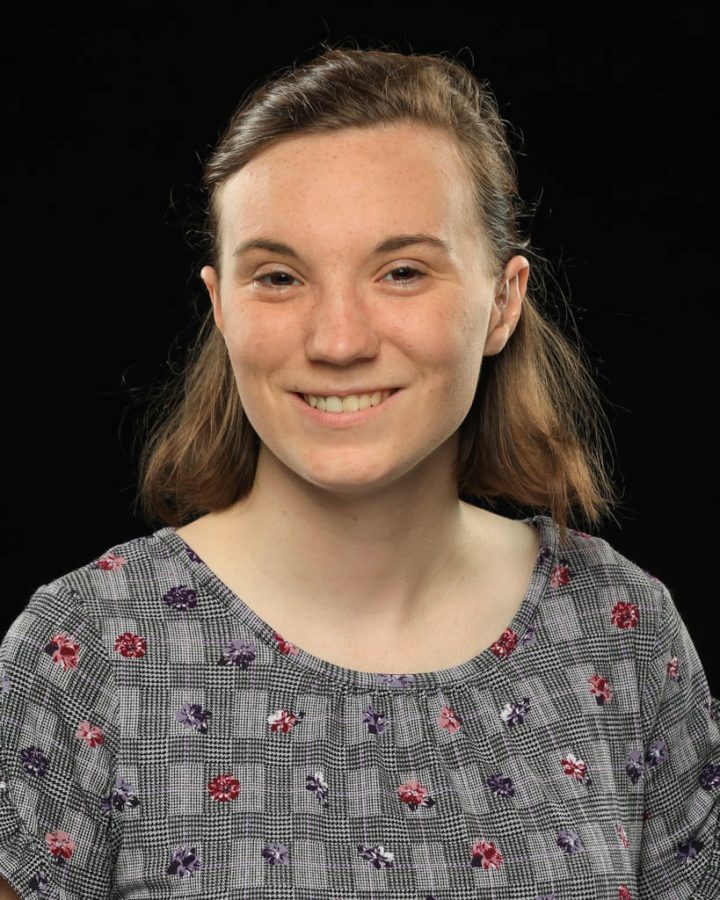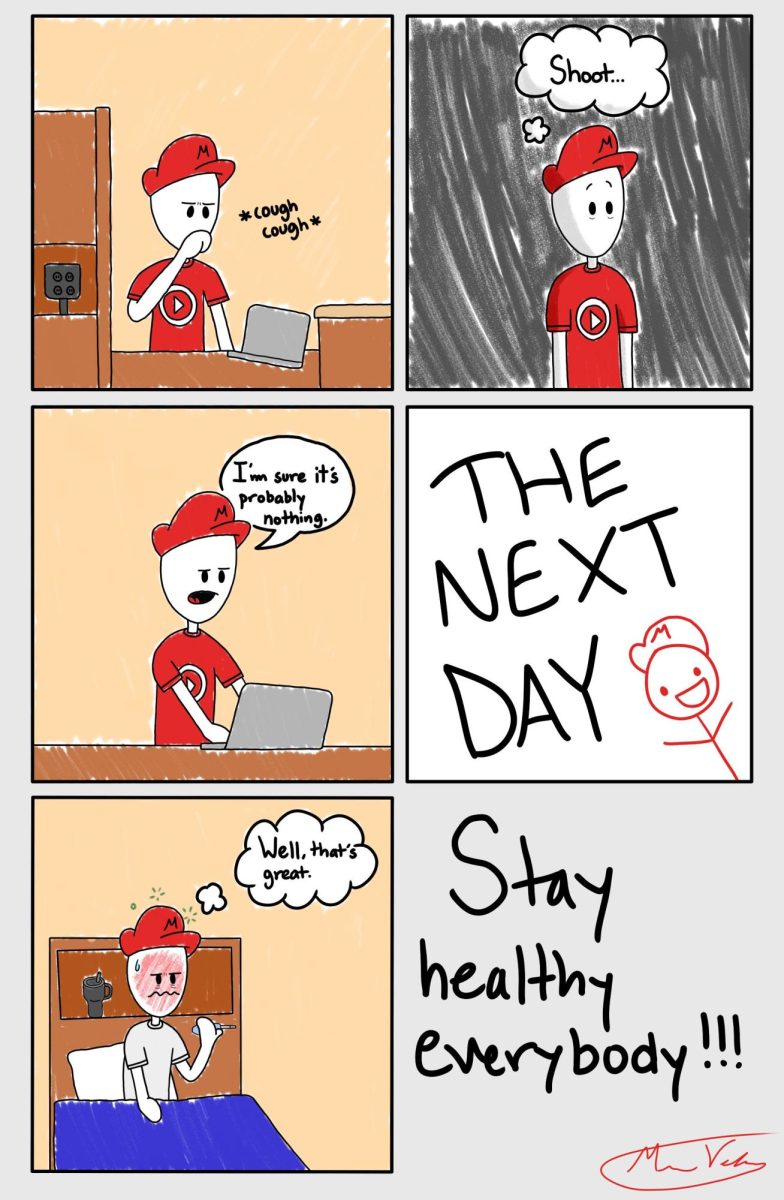I could list many reasons why I’m pro-life, but the strangest and most recent reason I’ve discovered is because of a basketball team.
Now, I am not a big basketball fan. I enjoy playing basketball with my society, and I’ll play a pick-up game occasionally, but sports that involve one’s arms are not my favorites. Soccer is my personal choice.
However, my 12-year-old brother Paton is both a basketball fan and player. Basketball and other sports that involve one’s arms are the only types of sports he can play because he was born with a disability that leaves him dependent on a wheelchair or crutches to get around.
Over spring break, I went to see a few of Paton’s basketball games and practices, the first of which took place the day I flew home. As I headed into the gym, my McDonald’s coffee cup clutched tightly in my hand as I tried to appear awake, I was struck by how real the other kids on my brother’s team were. Seeing them reminded me of so many stereotypes that real middle schoolers often embody. ButPaton’s teammates also had their quirks and personality traits that made them more than just a type of character.
There were the popular kids who got along well with the coaches and assistants. The quiet kids who hung out shyly in the background. The sporty ones who, like Paton, saw each exercise as a chance to compete against one another. During a five-minute water break period at one particular practice, Paton wheeled up to me and informed me that although he hadn’t won the past exercise, because one of his equally competitive friends had won, he still counted the exercise as a success. Paton had actually teamed up with all the other competitive kids on the team against the girl they believed to be the team’s best player. They generally lost, but not this round. And according to Paton, “A win against her is a win for us all!”
It’s easy to see someone with a disability first and foremost as a disability and then as a person. After all, a disability is often one of the more obvious things that makes a person different and memorable. And I must confess that even as someone with a disabled sibling, I still make this mistake far more often than I should.
But our relationships with people can dramatically impact how we view them. When Paton was the only wheelchair user I knew, it was easy to think of him as Paton and others with the same limitations as people with disabilities.
Seeing Paton interacting with other kids like him, cheering with them when a struggling teammate took a turn with the ball and chasing them around the gym served as a powerful reminder to me of why I’m pro-life. Paton and his friends are more than just wheelchair–bound. They are regular kids made in the image of God whom God allowed to come into this world as they are, disabilities and all. If I hadn’t gone to my brother’s basketball practices, I would still be pro-life, yes. But interacting with the kids on his team and watching them play strengthened the emotional fire that makes me more than just casually pro-life.
Sometimes getting to know a person can lead to a change in worldview or to a reassessing of a belief. Isn’t that what Christianity is, after all? After we enter into a relationship with Christ, our entire worldview is changed. Just knowing facts about Christ or about pro-life arguments helps, yes, but sometimes in order to genuinely care about or believe in a cause, you have to know the people involved.
I’m looking forward to seeing my brother play and getting to know him and his teammates better when I go home this summer. Who knows? Maybe I’ll even use one of his old wheelchairs and join them for a practice session or two.























































